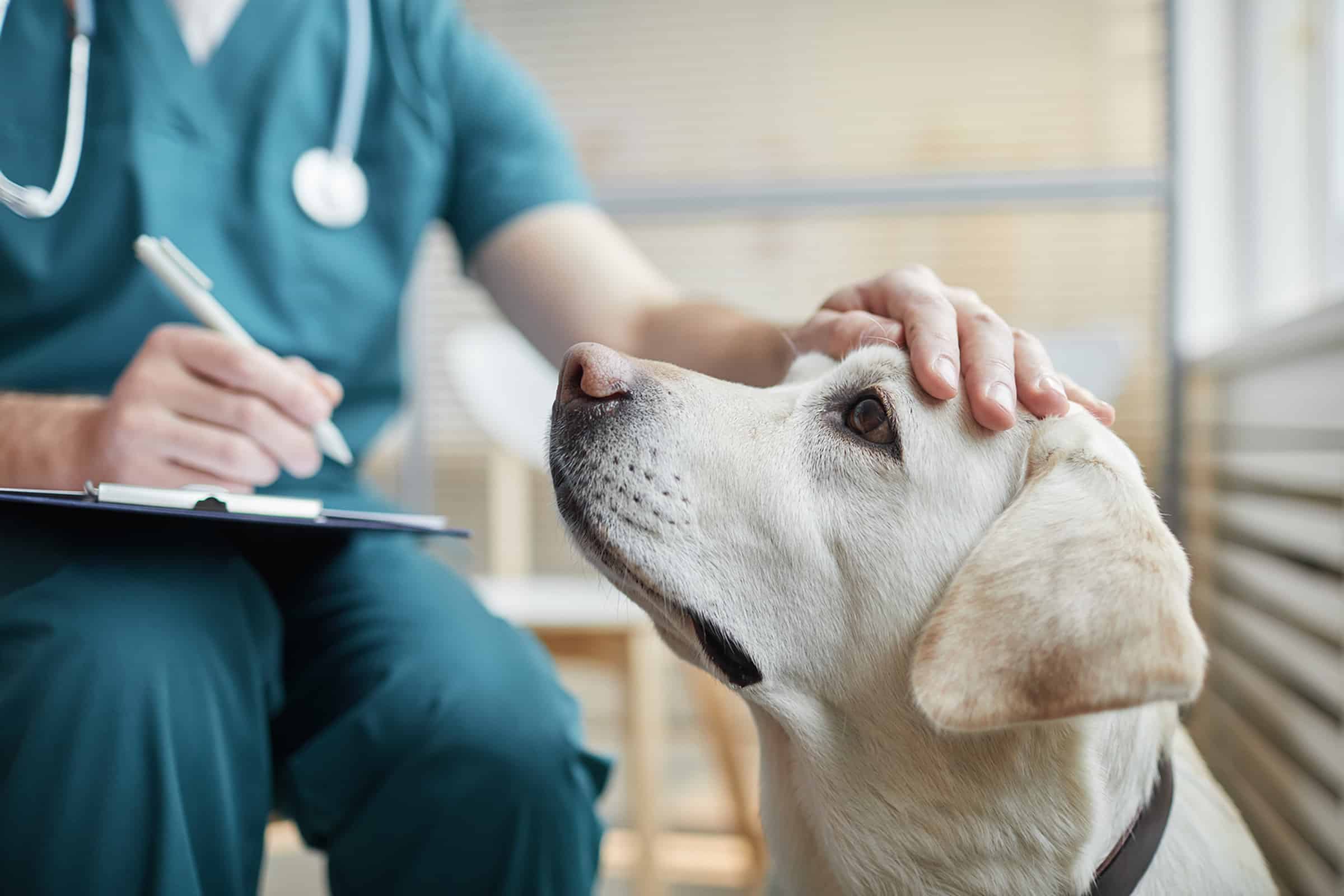
Treatment for Pet Skin Allergies in Gallatin, TN
Pet skin allergies can arise from various allergens, ranging from environmental factors to food sensitivities. These allergens can trigger a range of reactions in your pets, including itching, redness, hair loss, and skin infections. Left untreated, allergies can lead to more severe health problems and impact your pet’s happiness and well-being.
Our team is here to provide expert care and solutions for pets struggling with skin allergies. We believe that every pet deserves to live a life free from the discomfort of allergies, and we are committed to diagnosing, treating, and managing allergic reactions effectively.
Common Allergic Reactions for Pets
Understanding the specific allergens that affect your pet is essential for effective treatment and management. Seasonal allergens can trigger reactions in pets throughout the year. Spring and summer often bring pollen allergies, while fall and winter can introduce new allergens like mold and dust mites. These seasonal variations mean that your pet’s allergies might flare up during certain times of the year.
Common Allergens that Affect Pets
Pollen: Pollen from trees, grasses, and weeds can lead to allergic reactions in pets. It’s one of the most prevalent allergens, causing symptoms like itching, sneezing, and watery eyes.
- Dust Mites: These microscopic creatures thrive in bedding, upholstery, and carpets. Pets can develop allergies to dust mites, resulting in skin irritation and respiratory issues.
- Mold Spores: Mold spores are present in damp environments and can become airborne, leading to respiratory distress and skin problems in sensitive pets.
- Flea Bites: Flea saliva is a common allergen for pets. Even a single flea bite can trigger intense itching and discomfort in allergic animals.
- Certain Foods: Food allergies are also prevalent in pets. Common allergenic ingredients include poultry, beef, dairy, and wheat. Food allergies can manifest as skin problems, digestive issues, or behavioral changes.
Expect Kindness & Compassion
Comprehensive Veterinary Care for Your Four-Legged Family Member.
Why Testing and Treatment for Skin Allergies Is Important
Skin allergies in pets can have a significant impact on their quality of life. While allergies may seem like a minor inconvenience, they can lead to many issues if left untreated. Early identification of the cause(s) and early intervention are key to preventing the progression of allergic reactions and developing complications. Timely treatment not only alleviates your pet’s immediate discomfort but also addresses the root cause of their allergies.

Signs of an Allergic Reaction in Pets
Allergic reactions in pets can manifest in various ways, and recognizing the signs early is crucial for providing prompt care. Common signs of allergic reactions in pets include:
- Excessive Itching: One of the most noticeable signs of allergies in pets is relentless itching, often accompanied by scratching or chewing on their skin or paws.
- Red or Inflamed Skin: Allergic reactions can cause redness and inflammation of the skin, particularly in areas like the ears, paws, and belly.
- Hair Loss: Pets with allergies may experience hair loss, which can be localized or more widespread, depending on the severity of the reaction.
- Ear Infections: Chronic ear infections or recurring ear problems can be indicative of allergies in pets, particularly food allergies.
- Digestive Issues: Allergies can lead to gastrointestinal problems, including vomiting, diarrhea, or changes in appetite.
- Respiratory Symptoms: In some cases, pets may exhibit coughing, sneezing, or nasal discharge due to respiratory allergies.
- Behavioral Changes: Allergies can cause discomfort and irritability, leading to changes in behavior, such as increased restlessness or agitation.
How to Help Treat Allergic Reactions in Pets
Knowing how to provide immediate care and understanding long-term management options can make a significant difference in your pet’s comfort and well-being.
- Consult Your Veterinarian: At the first sign of an allergic reaction, contact your veterinarian. They can provide guidance over the phone and may recommend bringing your pet in for an evaluation.
- Remove Allergens: If the allergen is known (e.g., a bee stinger or a specific food), safely remove it if possible. Be cautious to avoid further injury.
- Bathe Your Pet: If your pet has come into contact with allergens like pollen or other irritants, a gentle bath can help remove allergens from their fur and skin.
- Administer Prescribed Medications: If your veterinarian has prescribed allergy medications for your pet, administer them according to their instructions.
- Prevent Scratching: To prevent your pet from exacerbating skin issues through excessive scratching, consider using an e-collar (cone) or specialized clothing designed to deter scratching.
Veterinary Dermatology in Gallatin, TN
If you observe any signs of allergic reactions in your pet, including itching, redness, hair loss, digestive issues, or behavioral changes, please don’t wait. Contact us immediately to schedule an appointment. Our experienced team at Bluegrass Veterinary Hospital in Gallatin, TN, will work closely with you to diagnose the allergens affecting your pet and develop a tailored treatment plan for long-term management.
